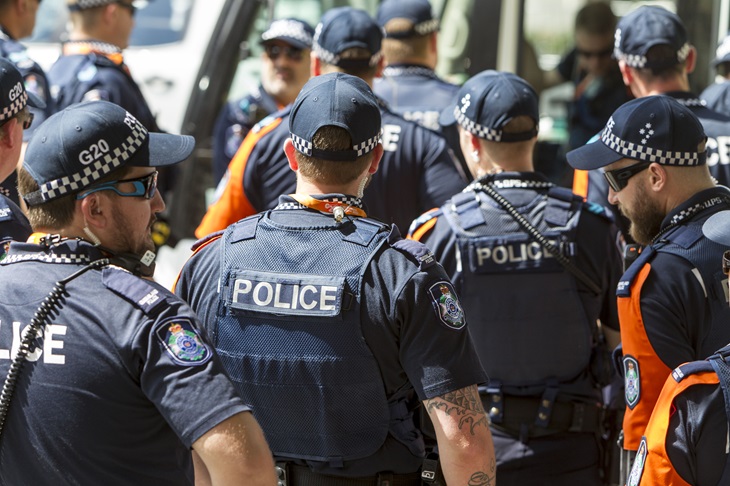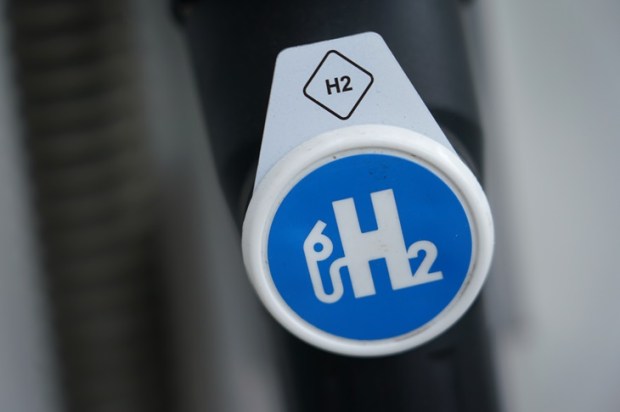In a sweltering, steamy Queensland summer, strange things happen when it gets too hot to handle. Violent crime was the front page of the Brisbane Courier Mail as the city was rocked by the senseless murder of a grandmother, allegedly by a 16-year-old on bail for a number of alleged offences.
Already a subscriber? Log in
Subscribe for just $2 a week
Try a month of The Spectator Australia absolutely free and without commitment. Not only that but – if you choose to continue – you’ll pay just $2 a week for your first year.
- Unlimited access to spectator.com.au and app
- The weekly edition on the Spectator Australia app
- Spectator podcasts and newsletters
- Full access to spectator.co.uk
Or


























Comments
Don't miss out
Join the conversation with other Spectator Australia readers. Subscribe to leave a comment.
SUBSCRIBEAlready a subscriber? Log in